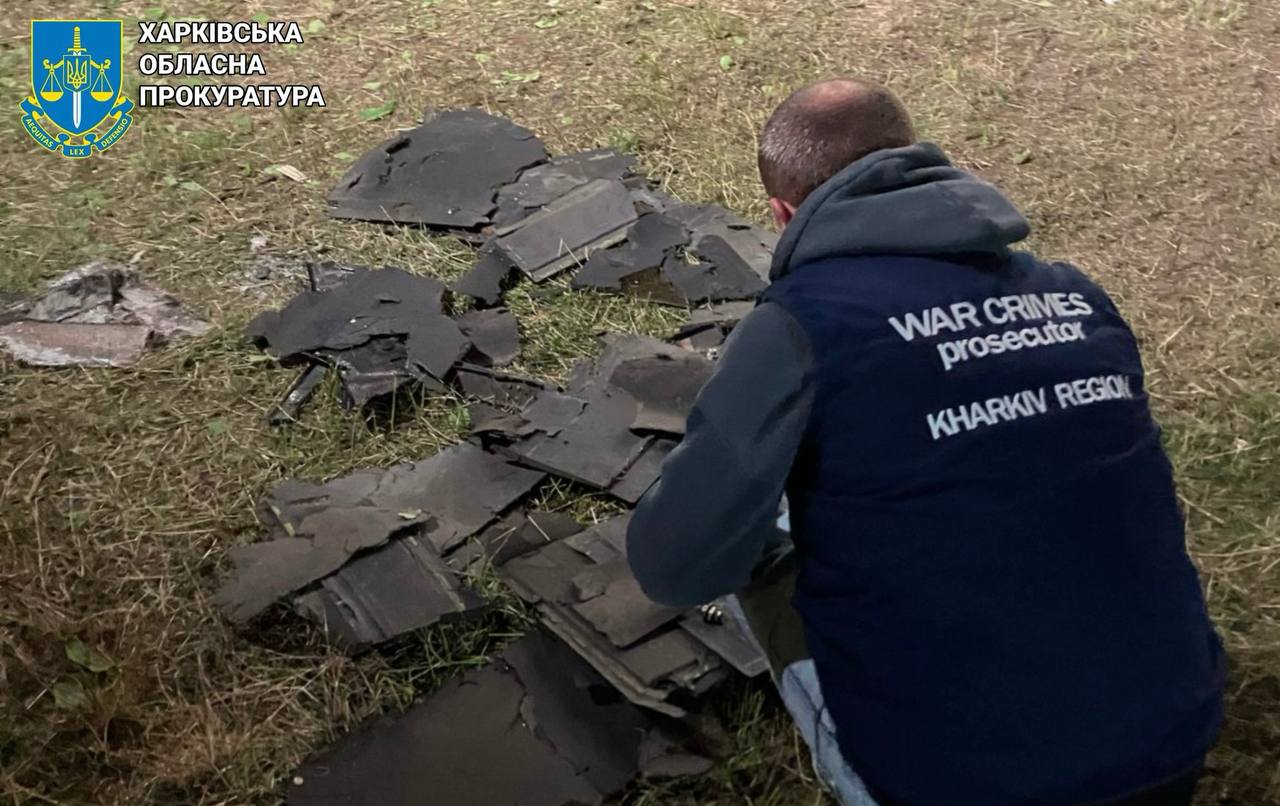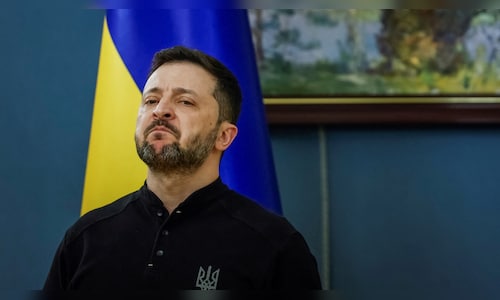Body of Ukrainian journalist who died in Russian detention returned by Moscow with signs of torture and with missing organs
By
Ivana Kottasová, Victoria Butenko and Daria Tarasova-Markina, CNN
A colleague of Ukrainian journalist Victoria Roshchyna holds a photograph of her during an event in honor of her memory in Kyiv, on October 11, 2024.
Anatoloo Stepanov/AFP/Getty Images
CNN —
The body of a young Ukrainian woman who
died in Russian captivity after being held incommunicado for months was returned to Ukraine showing signs of torture, Ukrainian prosecutors have said.
Kyiv said the remains of journalist Victoria Roshchyna, who went missing during a reporting trip, were returned as part of a body exchange between Ukraine and Russia in February.
Yuriy Belousov, who heads the war crimes department at the Ukrainian Prosecutor General’s Office, said that forensic examination found “numerous signs of torture and ill-treatment… including abrasions and hemorrhages on various parts of the body, a broken rib and possible traces of electric shock.”
He said the experts have determined the injuries were sustained while Roshchyna was still alive. Russia is known to use electric shocks as a method of torture against detained Ukrainians, and the widespread nature of the practice was
documented by CNN in the past.
Belousov said that repeated DNA analyses confirmed the body belonged to Roshchyna, even though it reportedly arrived from Russia labeled as “an unidentified male.” He said the state of the body made it impossible to determine the cause of Roshchyna’s death, but added that Ukraine was working with international forensic experts to get more answers.
Roshchyna’s colleagues at Ukrainska Pravda said her body was returned from Russia with missing organs. Citing members of the investigating team who handled her remains, they said the brain, eyeballs and part of the trachea, or windpipe, were missing, in what they said could have been an attempt by Russia to disguise the cause of death.
CNN has reached out to the Russian Federal Commissioner for Human Rights Tatyana Moskalkova and to the Russian penitentiary services for comment.
Held in brutal detention center
Roshchyna went missing in August 2023. Her colleagues said the reporter went to a Russian-held part of Ukraine – a dangerous ordeal for any Ukrainian – to report on the lives of people living under occupation.
Journalist Evgeniya Motorevskaya, who worked with Roshchyna as the former editor of Hromadske, a Ukrainian media outlet, said the young reporter was determined to do her job as best as she could.
“For her, there was nothing more important than journalism. Vika was always where the most important events for the country took place. And she would have continued to do this for many years, but the Russians killed her,” she said in a statement published on Hromadske’s website when Roshchyna’s death was first announced, referring to her by her diminutive.
Roshchyna’s father first raised the alarm when she stopped responding to messages while on the assignment, but her family had no idea about her whereabouts until nine months later, when Moscow finally admitted it was holding her in detention.
Like
thousands of other Ukrainian civilians, Roshchyna was snatched by Russian authorities in occupied Ukraine and deported into Russia where she was held without charge or trial. By September 2024, Roshchyna, a healthy 27-year old, was dead – although her family didn’t find out until about a month later, when they received a notification from Russia.
Petro Yatsenko, spokesperson for the Ukrainian Coordination Center for the Treatment of Prisoners of War, said in October that Roshchyna died while being transferred from a detention facility in the southern Russian city of Taganrog to Moscow. He said the transfer was in preparation for her release as part of a prisoner exchange.
The detention facility in Taganrog is known for its cruel treatment of detainees. CNN has previously spoken to prisoners held there, who described being subjected to physical and psychological abuse, being given insufficient amounts of food and denied access to basic health care. Reporters with
Ukrainska Pravda have partnered up with journalists from more than a dozen international media after her death was announced, to try to piece together what happened to her during the last few months of her life.
They interviewed dozens of prisoners, as well as prison guards and human rights defenders. They were able to trace her movements and describe the brutality of her detention.








